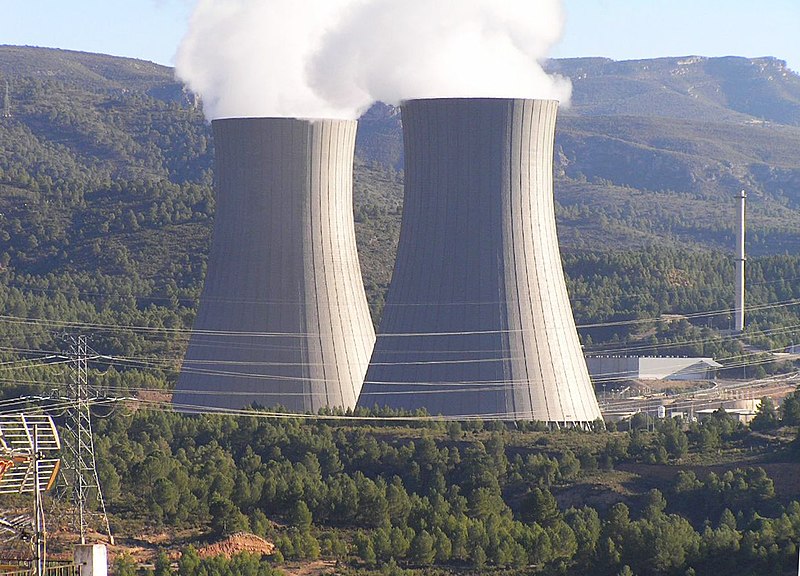Nuclear and fossil fuel power plants are Europe's single biggest consumer of water — accounting for 43 percent of all surface water withdrawal. [Climate Progress]
We have a very similar situation here in the US with 47% of all fresh water used to cool our nuclear and fossil fuel plants.
Switching to renewable energy sources like wind and solar will help us solve both the climate crisis and the water crisis.
Because buildings use 73% of all electricity and power plants use 47% of the water in the US – that means that our buildings' energy use is responsible for 34% of all water used in the US.
Improving our building's energy efficiency actually lowers our demand for water. Not many folks realize that reducing our energy demand by 20% will also lower our water demand by 7%.
So many things get better when you start moving to renewable energy – not just energy and water.
For example, renewable energy creates 3 times more jobs than oil and gas drilling or coal mining. Every dollar invested in clean energy results in 3 times more jobs than investing that same dollar in fossil fuels. And those jobs pay better than oil, gas and coal jobs (approximately 13% better). On top of that, those jobs are much, much safer than oil, coal and gas jobs. People working in oil and gas drilling fields have 7x the fatality rate when compared to the US average.
Health effects – coal is such a dirty fuel that burning coal to generate electricity causes 100 times more deaths per kWh than wind power. It has been shown that children exposed to mercury emissions from coal plants have significantly lower IQs. Natural gas – the "clean" fossil fuel - causes 28 times more deaths per kWh than wind power.
I could go on – but you get the picture.
Switching to renewable energy is a huge part of the solution to climate change, but it will also help the economy by creating more and better paying jobs and everyone in the country will be healthier and more productive. It also has the added benefit of reducing demand for water so that we can grow our food without draining our rivers dry. It may even make our kids smarter – and we certainly will need smart kids if we want to make the transition to a sustainable future.




